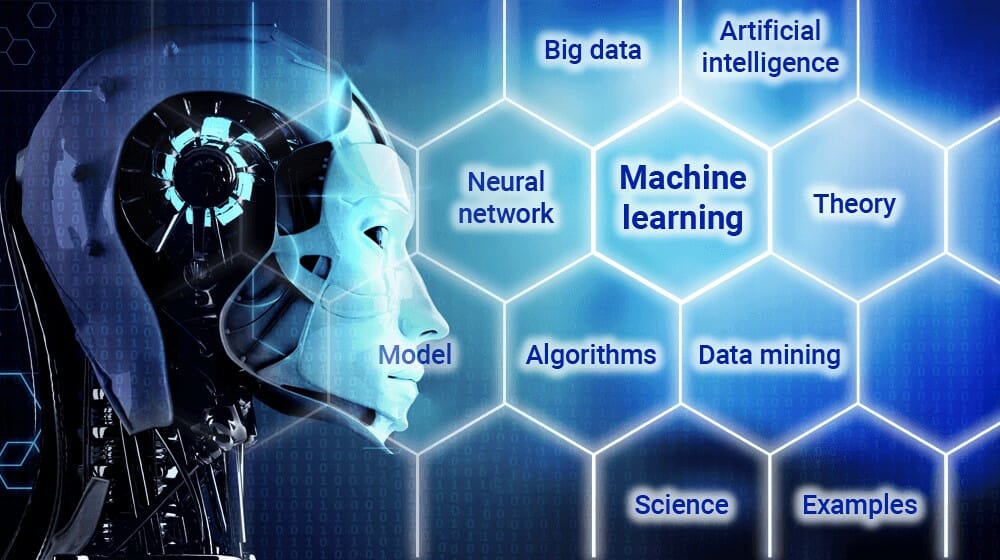In the current fast-paced business environment, organizations are continuously looking for creative approaches to boost their operational efficiency and increase total outcomes. One of the leading game-changing advancements in the past few years is the integration of AI into HR management. Organizations are increasingly understanding that AI technology can transform the hiring process by streamlining procedures, boosting accuracy, and yielding more effective decisions about hires.
The advantages of using AI in the hiring process are varied. From the capability to examine extensive volumes of information to spotting the best applicant qualifications, AI tools can significantly reduce the time and effort historically linked to the hiring process. This not only provides important time for HR professionals but also assists avoid prejudices, ensuring a more just and more efficient hiring experience. As firms continue to adjust and evolve, adopting AI will certainly play a essential role in defining the next phase of HR management.
Artificial Intelligence Tools in Recruitment
Artificial Intelligence technologies have become indispensable in streamlining the hiring process, allowing firms to enhance efficiency and improve hiring outcomes. One of the key benefits of using AI in recruitment is its capability to analyze vast quantities of data quickly. Recruiters can utilize AI algorithms to sift through applications, finding candidates whose skills and experiences correspond closely with the job needs. This not only expedites the initial screening process but also minimizes the risk of human bias that may affect decision-making.
Furthermore, AI-powered chatbots have changed candidate engagement during the hiring process. These chatbots can interact with applicants in actual time, answering their questions and guiding them through the steps of the application. By providing immediate responses, firms can keep candidates aware and engaged, creating a beneficial candidate experience while freeing up recruiters to focus on more tactical tasks.
Moreover, predictive analytics is a game-changer in recruitment, enabling organizations to detect trends and predict future recruitment needs. By examining historical data and current market conditions, artificial intelligence systems can project which skills will be in demand and when to ramp up hiring efforts. This proactive approach allows companies to stay ahead of the contenders, guaranteeing they attract and hire the right talent at the right time.
Perks of Artificial Intelligence in HR
The inclusion of AI in workforce management brings countless perks that can greatly enhance the recruitment operation. An initial of the primary benefits is the ability to streamline the hiring process. AI-driven tools can swiftly sift through thousands of applications, recognizing candidates that optimally match the position requirements. This effectiveness reduces the time required for preliminary screenings and allows HR staff to concentrate their efforts on more important tasks, ultimately improving the overall recruitment process.

Moreover advantage of AI in HR is the enhancement of decision-making through evidence-based insights. AI systems can examine massive data sets, providing HR teams with valuable information about candidate abilities, cultural fit, and potential retention rates. By utilizing these insights, organizations can make smarter choices when making hiring decisions and customize their recruitment strategies to appeal to the best-fit candidates.
Additionally, AI can help eliminate bias in the recruitment process. Traditional hiring practices can inadvertently favor particular demographics, leading to a lack of diversity in the employee base. AI tools can be programmed to evaluate candidates exclusively on their qualifications and credentials, thus promoting a fairer hiring process. This not only fosters a more inclusive workplace but also boosts the overall image of the business as an employer of choice.
Challenges and Factors
While the integration of AI in hiring provides multiple gains, it also introduces various challenges that businesses must address with caution. One of the key issues is the chance for discrimination in AI systems. If educational data is not representative of a heterogeneous workforce, the AI may accidentally prefer particular categories over the rest, resulting in unfair selection processes. Organizations must confirm that their AI systems are frequently assessed and modified to promote inclusivity and equity in candidate selection.
Another important consideration is the requirement for transparency in AI decision-making processes. Many candidates are concerned about being judged by systems they do not know. Businesses must be ready to explain how AI technologies evaluate candidates and offer information to assist those who may not be chosen. Fostering openness not only builds f ai th with candidates but also nurtures a corporate atmosphere that prizes clear dialogue and moral standards.
Finally, integrating AI in staffing calls for a harmony between human insight and automated effectiveness. Although AI can enhance procedures such as application review and preliminary checks, it is essential to preserve supervision in ultimate choices. Recruiting is inherently a human process, and over-reliance on machines could neglect vital qualitative factors that machines cannot measure. Executives must develop a hybrid approach that capitalizes on AI’s strengths while guaranteeing that human insight remains essential to staffing approaches.
